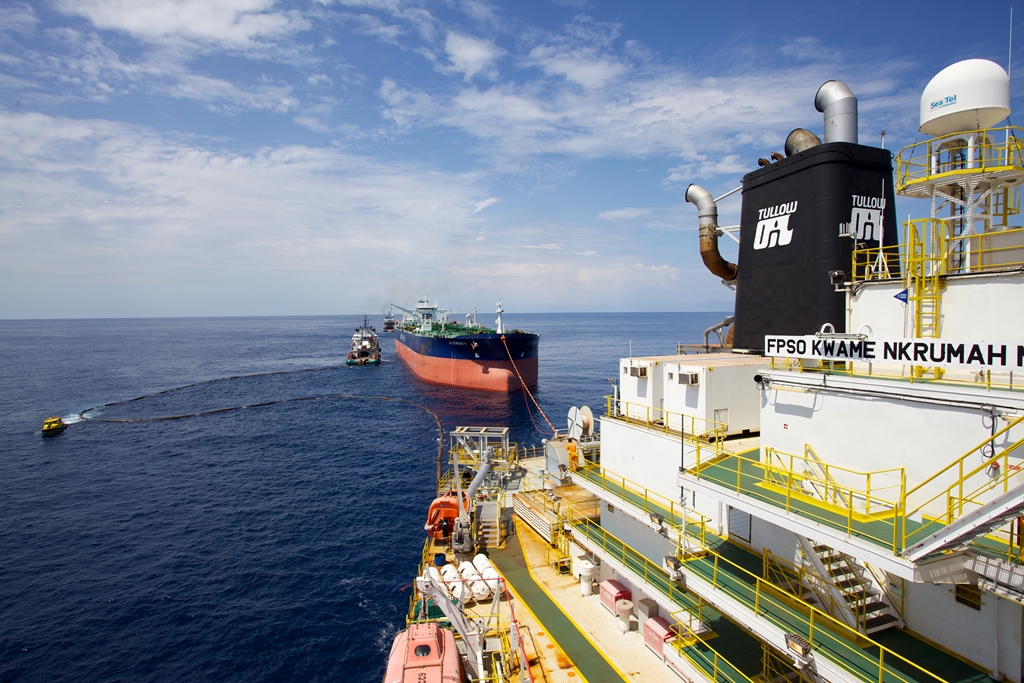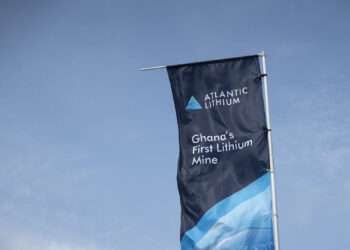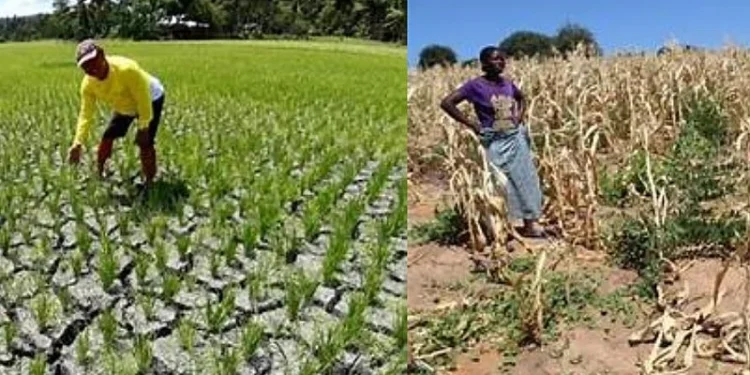Africa’s largest refinery, the $20 billion Dangote Petroleum Refinery, has expanded its supply portfolio by sourcing crude oil from Ghana for the first time, marking a significant milestone in its efforts to stabilise output and counter speculation about operational setbacks.
The refinery, which began operations in 2024, has increasingly diversified its crude intake beyond Nigeria, drawing supplies from Brazil, Angola, Ghana, and Equatorial Guinea, according to Dangote Industries’ Executive Director, Devakumar Edwin.
Market data supports this diversification trend. Energy and shipping analytics firm Kpler reported that in August, the refinery received five Nigerian Suezmax cargoes, two U.S. Very Large Crude Carriers (VLCCs), and one Ghanaian cargo.
The Ghanaian shipment comprised the Sankofa grade, a medium-sweet crude with 29 API gravity and 0.3 percent sulphur content, a grade prized for its refining efficiency.
Industry observers note that the refinery is gradually overcoming early operational doubts. According to Argus Media, output in August climbed to around 610,000 barrels per day (bpd), approaching the facility’s nameplate capacity of 650,000 bpd.

Benedict George Editor of the Argus European Products Report said, “This performance has exceeded industry expectations,” who highlighted the steady ramp-up of crude receipts and processing rates since the start of 2025.
Kpler’s figures put throughput for August at 450,000 bpd, representing 70 percent of capacity.
While this still falls short of the refinery’s ultimate target, it reflects a steady improvement from the 400,000 bpd (60 percent capacity) recorded in the first quarter of the year.
By adding Ghana to its supply mix, Dangote is signaling a pragmatic approach to operational stability, reducing reliance on any single source of crude and enhancing resilience in a volatile global oil market.
Strategic Balancing Act

The refinery’s evolving feedstock strategy reflects the complex dynamics at play. In July, U.S. light sweet crude shipments overtook Nigerian volumes in Dangote’s intake mix for the first time.
The move raised eyebrows in Nigeria, where officials and industry stakeholders have consistently emphasized the facility’s role in absorbing local production and reducing dependence on imports.
Dangote Industries has previously assured that Nigerian crude remains central to its long-term plans.
Speaking to Bloomberg, a company representative stressed that “the refinery aims to prioritize Nigerian supply, gradually phasing out imported volumes.”
The official added: “We expect some of the long-term contracts will expire. Personally, and as a company, we expect that before the end of the year, we can transition 100 percent to local crude.”
Yet the recent decision to integrate Ghanaian barrels into its supply chain underscores a more realistic and flexible stance.
Analysts suggest this balancing act reflects not only market realities but also the need to sustain record throughput levels while managing technical adjustments.
The decision to source Ghana’s Sankofa grade also highlights regional integration opportunities. Ghana’s offshore fields, including Sankofa, Jubilee, and TEN, have ramped up output in recent years, making the country an attractive supplementary supplier for West Africa’s refining hub.
Market Implications

For Nigeria, the refinery’s diversification strategy carries both opportunities and risks.
On one hand, the facility’s growing throughput strengthens the country’s energy security narrative, reducing reliance on imported refined products and creating potential for exports across West Africa.
On the other, the refinery’s reliance on foreign crude could fuel debates over whether Nigeria can truly capture the full benefits of housing Africa’s largest refining complex.
For now, the refinery’s performance speaks to progress. By consistently raising intake levels, experimenting with diverse feedstocks, and tapping Ghana’s supply, Dangote is positioning itself as a regional refining powerhouse, even if the pathway to complete self-reliance on Nigerian crude remains uncertain.
The coming months will be critical in determining whether Dangote can fulfill its promise of running fully on Nigerian crude. Until then, the refinery’s strategy of hedging risks through diversification appears to be paying off, ensuring stability while refining operations scale up.
READ ALSO: A Smart Move to Save the Cedi – Women in Forex Ghana Prez Hails BoG Directive























